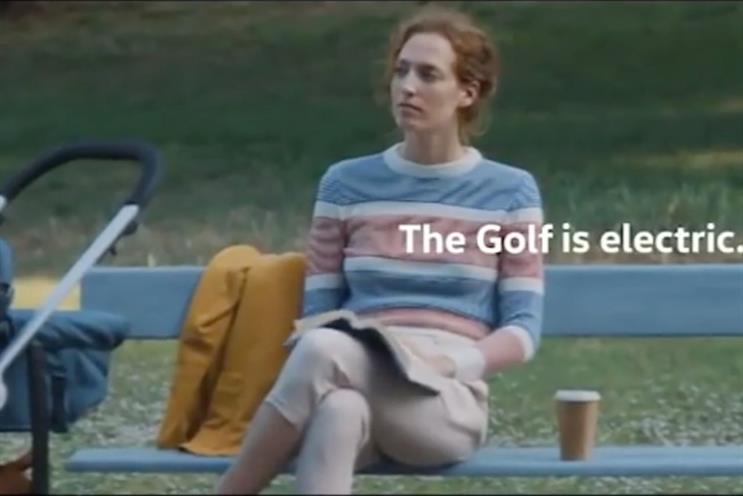
The ad watchdog’s approach to tackle gender stereotypes in advertising is "one-dimensional", the School of Law at the University of Essex has warned.
The organisation is calling on the Advertising Standards Authority to review its principles to "reflect modern attitudes to gender fluidity".
The ASA launched a gender-stereotyping rule to its code in June 2019 that said: "Advertisements must not include gender stereotypes that are likely to cause harm, or serious or widespread offence."
In August 2019, Mondelez International and Volkswagen were the first brands to fall foul of the new guidance. This was later followed by PeoplePerHour and PC Specialist.
The report published in the Journal of Media Law, Gender portrayals in advertising: stereotypes, inclusive marketing and regulation, is the first to analyse the ASA’s actions. Its findings suggested that the watchdog has "too narrow a view" on what constitutes gender stereotyping, "with a focus on ‘gender roles’ persisting".
There is also too much focus on "policing offence" and the ASA underestimates the potential harms of gender stereotyping, the study explained.
It added that there is "insufficient attention being paid to the potential harms arising from stereotypes around physical appearance".
Dimitris Akrivos, one of the report’s authors, said: "The ASA’s current approach illustrates the regulator’s one-dimensional definition of the concept of gender. The ASA needs to develop guidelines that go beyond a generic and self-evident ban on traditional gender stereotypes and reflect the multifaceted manifestations that such portrayals can take.
"The guidance must go beyond the dominant male/female binary and ensure that individuals who do not fit within these rigid categories are also included."
An ASA spokesman said: "Our evidence shows that harmful gender stereotypes in ads contribute to how people see themselves and their role in society. While we remain committed to tackling these ads, we recognise that standards in society are continuously changing and conduct regular research, as well as welcoming new external studies, to ensure we reflect the wider views of the public when assessing our rules."




.jpg)
.jpeg)
